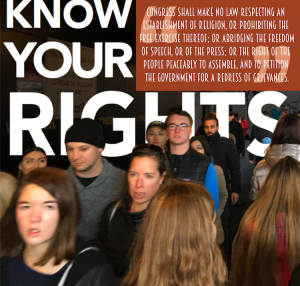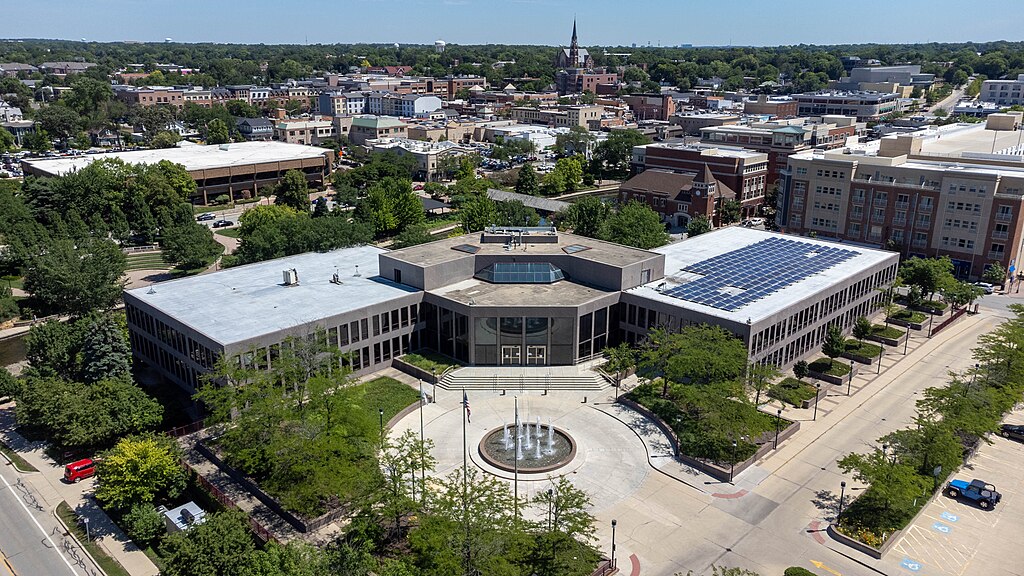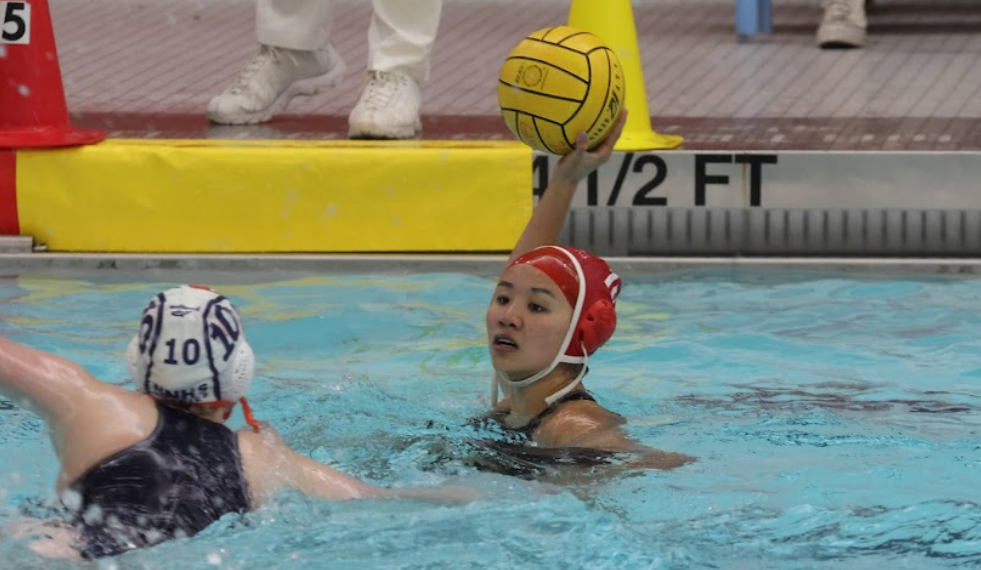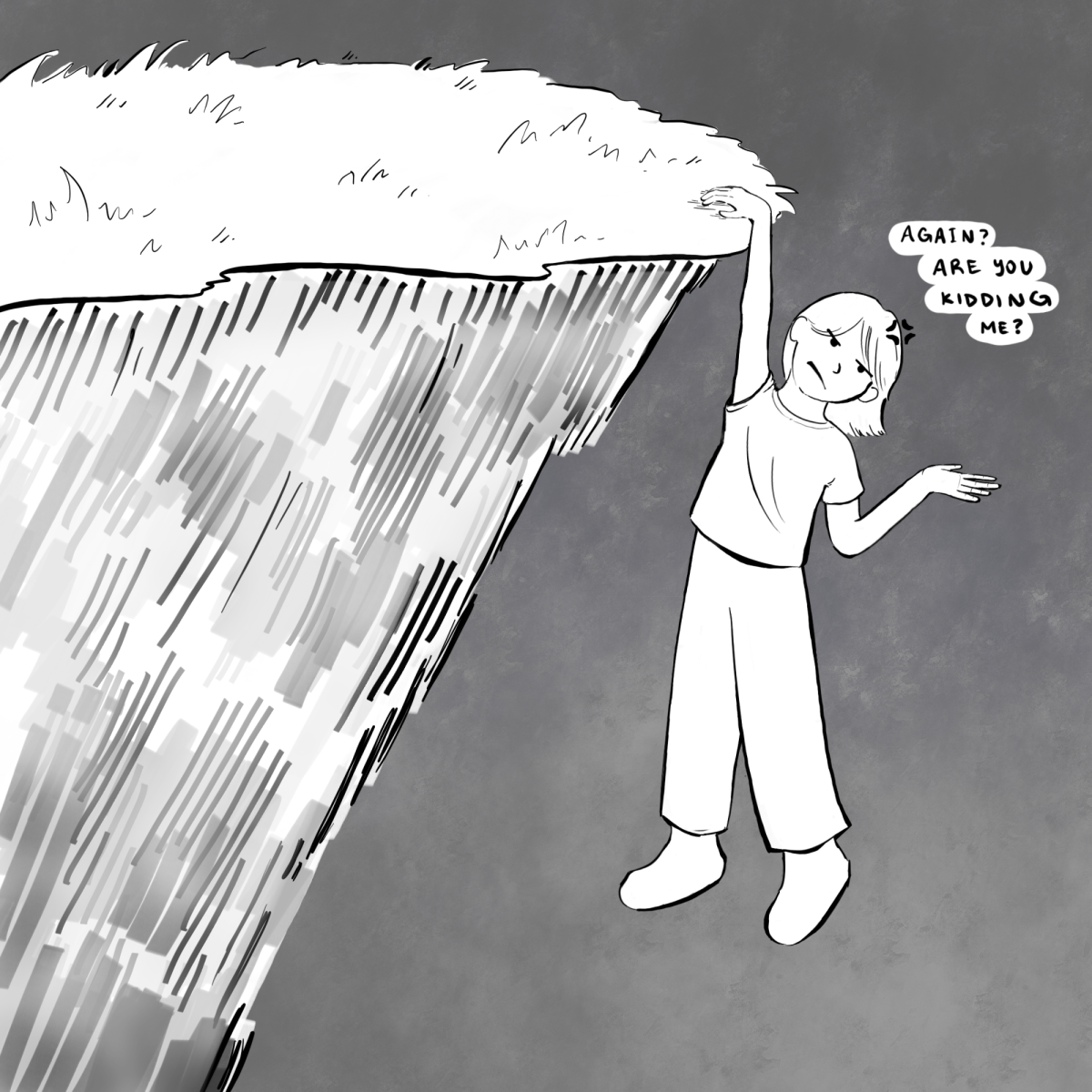Special focus: three violations of freedom of speech
December 28, 2016
1. March 23, 2010. The U.S. Court for the Northern District of Mississippi ruled on March 23, 2010 that school officials violated a lesbian student’s First Amendment rights when the school canceled their prom rather than let the lesbian student attend with her girlfriend. The federal court did not require Itawamba Agricultural High School to reschedule the school prom because the court was assured that an alternative “private” prom that would be open to all students was being planned by parents. In the 12-page ruling, the court wrote “The Court finds this expression and communication of her viewpoint is the type of speech that falls squarely within the purview of the First Amendment.”
2. July 14, 2015. Nicole Sanders, a student at Blinn College sued the college with assistance from the Foundation for Individual Rights in Education on May 20, 2015 in federal court for violating her First Amendment rights. Administrators at the College had repeatedly been insisting that Nicole get permission from them before expressing her personal opinions upon privacy rights and gun rights. It is unconstitutional censorship when when government officials, such as the administrators, stop students from speaking about issues they show passion for. Public colleges are all bound by the First Amendment.
3. Sept. 6, 2012. R.S. was a twelve year old student at a Minnewaska Area middle school. She posted a message to her Facebook page about an adult hall monitor at her school: “[I hate] a Kathy person at my school because [Kathy] was mean to me.” One of her friends brought the post to the attention of the administration. The principal called R.S. into his office and told R.S. “that he considered the message about Kathy to be impermissible bullying.” As a result of the message, R.S. was required to apologize, given detention, and received a disciplinary notation in her records. The court says that posts on social networks are protected unless they are “true threats” or are reasonably calculated to reach the school environment and pose a safety risk or a risk of substantial disruption of the school environment. R.S.’s posts were not true threats. The school officials violated R.S.’s First Amendment rights.









